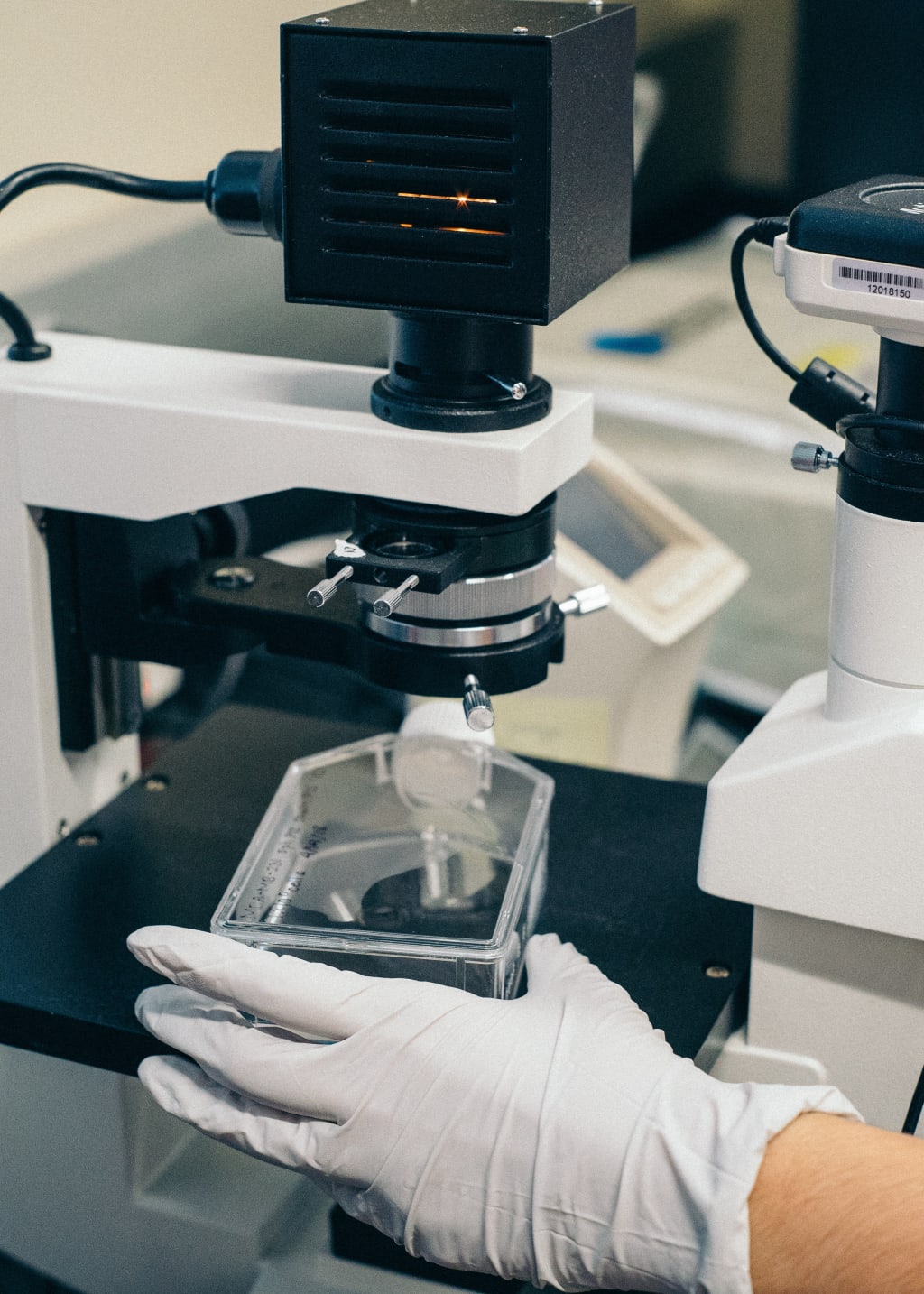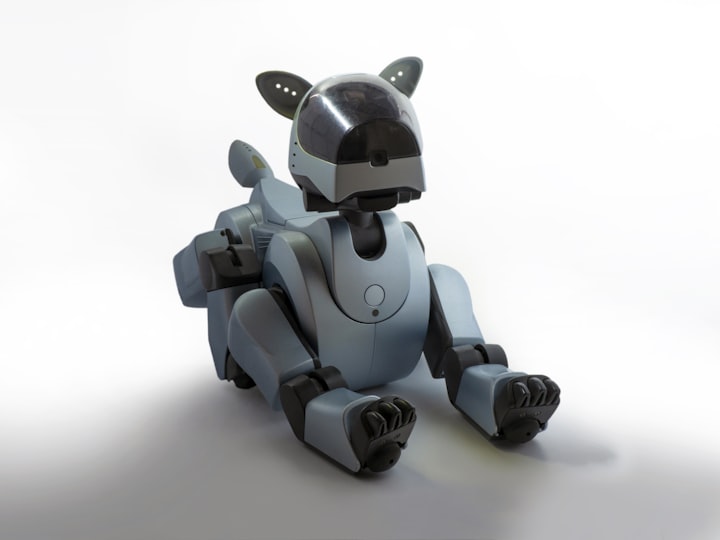
We've been engineering life for thousands of years through selective breeding. We never knew how it worked until we discovered DNA
DNA guides everything alive. It is essentially an instruction manual. Nucleotides are paired to make up these instructions. Change these instructions and then you change the being carrying the DNA.
In the 1960s, people started using DNA. They added radiation to plants in order to form random mutations. Then in the 1970s, scientists studied and modified DNA snippets for research and medicine. In 1974, the first genetically modified animal was created—it was a mouse, making mice a standard tool for the research industry. Recently, in the 21st century, a baby was made to have genetic information from three humans, essentially having three genetic parents
Until recently, gene editing was time consuming and expensive until revolutionary technology called CRISPR changed the industry for the better. Costs have shrunk by 99 percent and an experiment that would have taken one year to conduct now takes one week.
CRISPR has the potential to change humanity forever. It could end diseases, make designer babies, and possibly give us eternal youth.
Why did this happen and how?

Photo by Manuel Schinner on Unsplash
For example, a Bacterium vs a Virus.
Viruses insert their genetic code into the bacteria. Usually, the bacterium fails to protect itself as its protection is too weak but sometimes it can survive. This is when their most effective anti-virus is activated. The bacterium saves a part of the virus's DNA in its code, in a DNA archive called CRISPR. When the virus attacks, bacteria make an RNA copy from the DNA archive as a secret weapon. This is also known as CAS9. The protein now scans the bacterium for signs of virus invaders, comparing every bit of DNA until it finds a perfect match. The weapon is activated and cuts out the virus DNA, making it useless and protecting the bacterium.
In 2015, CRISPR was used to cut HIV viruses out of living cells from patients in the lab. In a few decades, CRISPR therapy might cure HIV and retroviruses. Eventually, CRISPR could help defeat cancer. It has the means to edit immune cells and make them better. We could prevent cancer in the future using injections made of CRISPR.
CRISPR could eradicate genetic diseases such as colour blindness, Huntington's disease, and haemophilia. Genetic diseases only need one letter in your DNA to be modified and scientists are now working on a modified version of CAS9 that can change that single letter. Scientists predict that in just one or two decades, thousands of diseases can be affected. This is all limited to the individual that dies with them unless used on reproductive cells or very early embryos.
Designer Babies

Photo by Hush Naidoo on Unsplash
CRISPR has the means to edit the genome of a human embryo that already exists but it is in its early stages and has only been attempted twice.
This will affect everyone because modified humans could alter the genome of our entire species. These engineered traits will be passed on to their children. This would slowly modify the entire gene pool.
As this progresses, more people will argue that this modification is unethical to babies and humanity. Their bodies will be weaker as they haven't learned how to combat against viruses. As genetic modification becomes more accepted and our knowledge of our genetic code enhances, temptation will grow. For example: If you give your child the right to be immune to Alzheimer's, why not give them more? Maybe give them advanced metabolism or perfect vision or height, muscles, full hair, and even a high intelligence.
As our knowledge improves we may be able to solve ageing as genes do affect this. We could stop, slow, or even reverse ageing. Some scientists believe that at some time we will stop ageing. This is in its beginning phase and scientists are acceptable and believe that this may not be achievable but just the thought that scientists are now starting to look into this is scary.
Some problems await such as ethical and technological ones. This will create a world where "non-perfect" humans will be rejected and we will start pre-selecting features. The truth is, we are already living in that world. Tests to see genetic diseases have been available to pregnant women for a while; for example, Down Syndrome, one of the most common genetic defects in Europe, and around 92 percent of all pregnancies were terminated once they knew. This decision, of course, is personal but it shows that we are already pre-selecting out humans based on medical conditions. We won't be making any changes anytime soon as errors are still occurring and we don't know enough yet to avoid unpredictable consequences
There is a darker side to the story. A scary possibility would be North Korea getting ahold of genetic engineering. They could force gene editing on citizens and engineer an army of modified soldiers. Of course, this is far in the future, but by being educated about this, we can make sure this research is guided with caution and not put in the wrong hands.
Do you feel uncomfortable?
In the future that lies ahead of us, would we be allowed to even exist? This is scary technology but we do gain from it. We might end diseases and maybe even extend life expectancy. Whatever your opinion on Genetic engineering is, the future is approaching no matter what. Science fiction is about to become reality.
About the Creator
B B
I am just living life






Comments
There are no comments for this story
Be the first to respond and start the conversation.